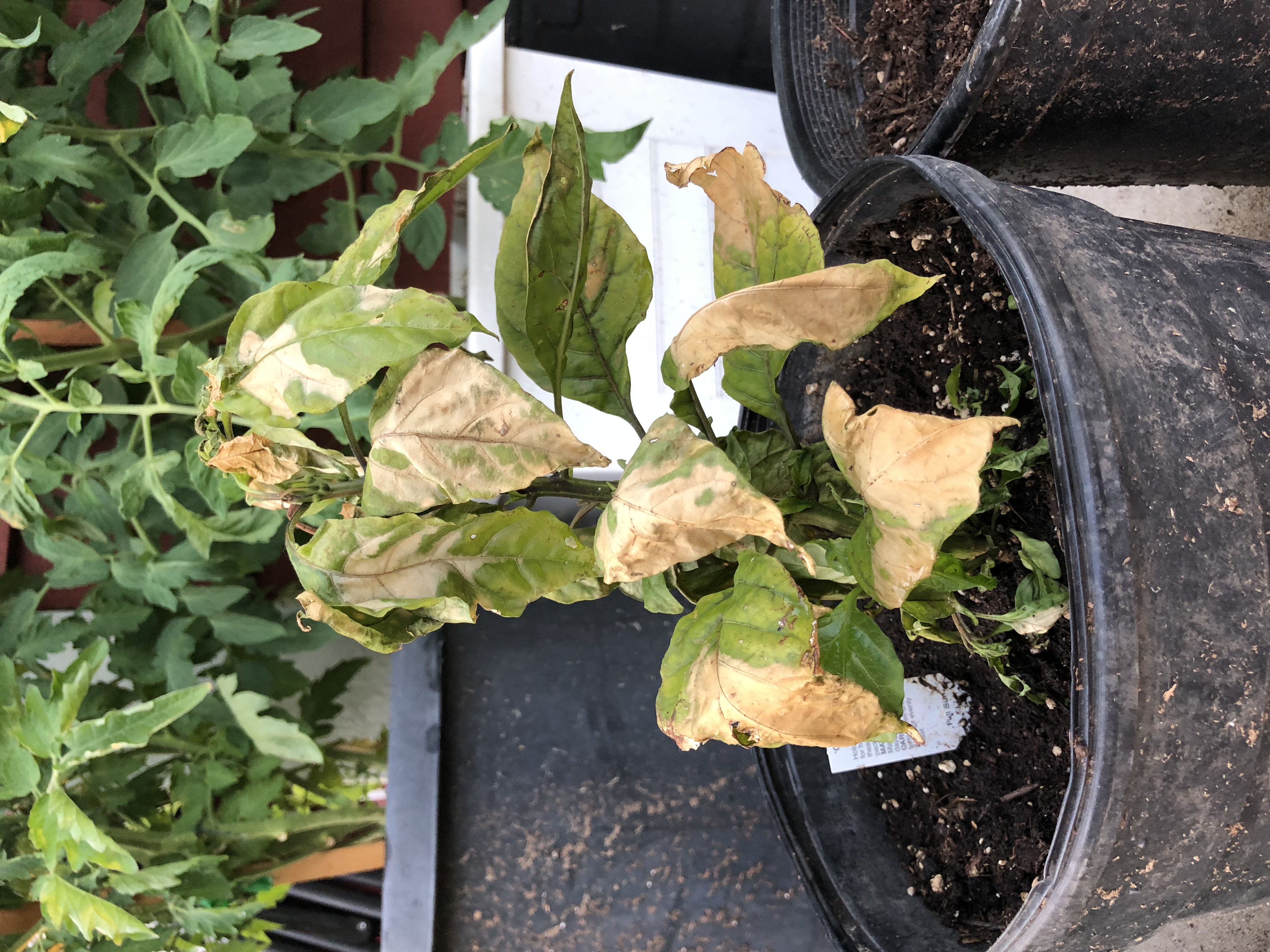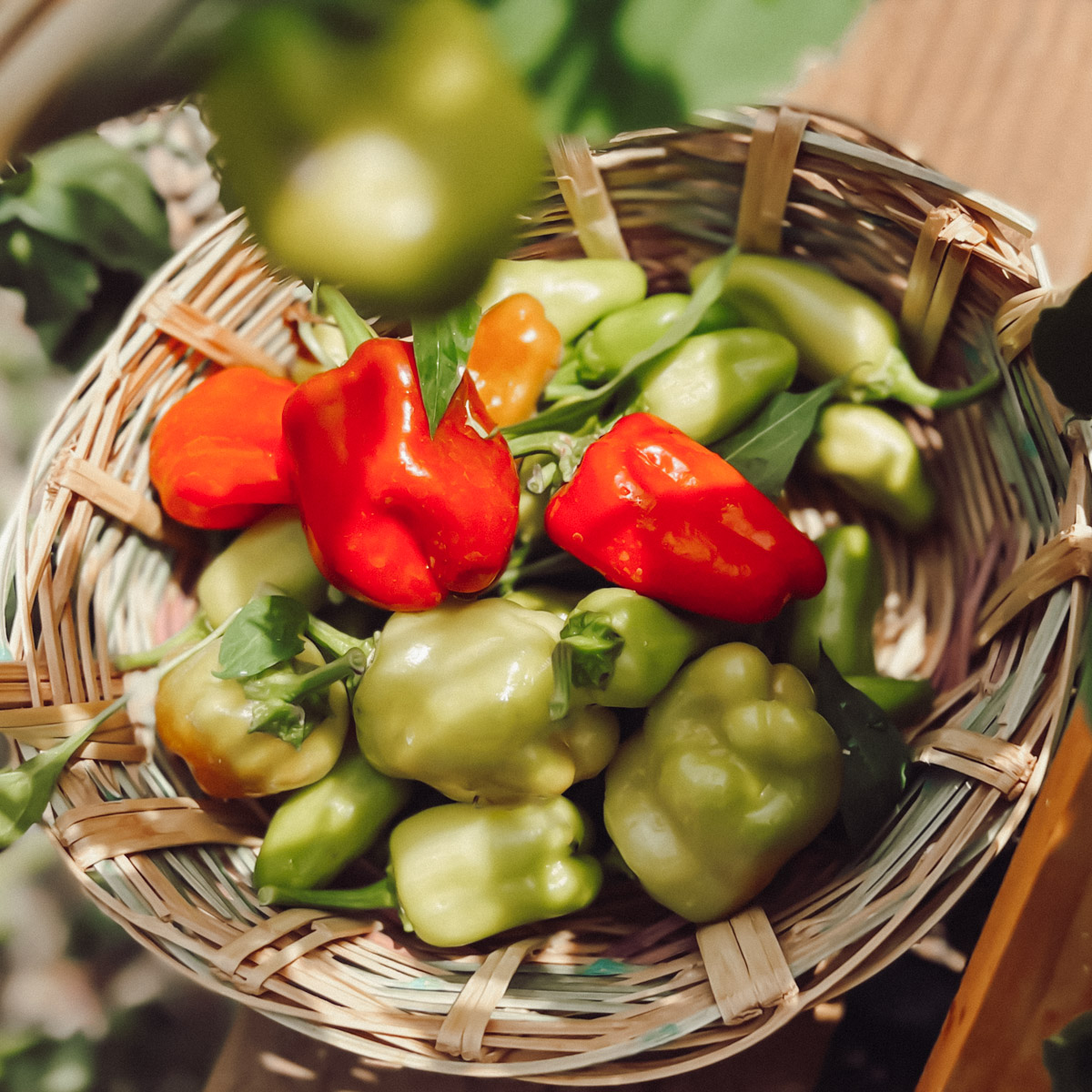Organic Vs. Synthetic Fertilizers: Which Is Best for Nurturing Healthy And Balanced Pepper Plants?
In the world of nurturing healthy and balanced pepper plants, the option in between artificial and natural plant foods stands as a crucial decision with far-reaching effects. While both alternatives goal to give important nutrients to sustain plant development, the nuances of their effect on the dirt, plant health, and the atmosphere stimulate a debate that mirrors throughout the horticulture neighborhood. Understanding the distinctive advantages and possible mistakes of each plant food type is essential for pepper cultivators seeking to enhance their yields while maintaining a lasting and eco-conscious approach.
Benefits of Organic Fertilizers
Organic fertilizers offer a sustainable and environmentally-friendly strategy to beneficial pepper plants, offering necessary nutrients without using artificial chemicals. These natural fertilizers are obtained from natural sources such as garden compost, manure, bone dish, and algae, promoting soil wellness and biodiversity. Unlike synthetic fertilizers, natural alternatives launch nutrients slowly, making certain a balanced and consistent supply for pepper plants to prosper.
One significant advantage of natural plant foods is their ability to boost soil structure and water retention. By boosting dirt health, organic plant foods advertise helpful microbial activity, which aids in nutrient uptake by pepper plants. Furthermore, organic fertilizers decrease the threat of chemical run-off, securing water sources from pollution and safeguarding the atmosphere.
Additionally, natural fertilizers add to long-lasting soil fertility by promoting the growth of beneficial soil organisms. These organisms aid break down raw material, releasing nutrients in a kind that is conveniently obtainable to pepper plants. best fertilizers for peppers. By promoting a healthy dirt environment, natural plant foods sustain sustainable pepper farming methods that benefit both plants and the atmosphere
Disadvantages of Artificial Fertilizers
Artificial plant foods, in comparison to their natural counterparts, pose various negative aspects when utilized to nourish pepper plants, impacting both plant health and environmental sustainability. One major downside of synthetic fertilizers is their propensity to seep nutrients from the dirt quickly.
Additionally, the overuse of artificial fertilizers can add to water air pollution. Excess plant foods not absorbed by plants can get rid of right into water bodies, resulting in eutrophication, where algae blooms diminish oxygen levels in the water, damaging marine life. Artificial plant foods are usually obtained from non-renewable sources, such as fossil gas, contributing to carbon discharges and ecological destruction during their production.
Nutrient Absorption Comparison
When comparing artificial and natural fertilizers in terms of nutrient absorption, natural plant foods have the advantage of supplying a much more balanced and slow-release resource of nutrients. Organic plant foods contain a variety of macro and trace elements that are not only useful for the plants however likewise advertise healthy and balanced soil microbial task, which assists in nutrient uptake.
In addition, organic fertilizers improve soil framework and water retention capability, allowing pepper plants to accessibility nutrients more efficiently. This better dirt quality assists in root development, making it possible for better nutrient absorption. Synthetic plant foods, although at first boosting plant development due to their high nutrient focus, might prevent lasting nutrient absorption by derogatory soil wellness over see it here time.
Ecological Influence Considerations

On the other hand, synthetic fertilizers, although commonly even more focused and right away offered to plants, can have destructive effects on the environment if not used effectively (best fertilizers for peppers). Their production calls for high energy inputs, causing greenhouse gas discharges and adding to environment change. Moreover, the drainage of excess synthetic fertilizers can infect water sources, resulting in eutrophication and harming water ecological communities.
Finest Fertilizer Practices for Peppers
To achieve this, it is crucial to comply with finest fertilizer techniques tailored to the certain demands of pepper plants. One essential method is to perform a soil test prior to using any fertilizers.
One more essential practice is to feed pepper plants at the correct time. Generally, peppers take advantage of receiving plant food at growing and then once again when they begin to blossom. Over-fertilizing can lead to nutrition discrepancies and harm the plants, so it is vital to comply with recommended application prices.
Additionally, choosing a balanced Visit Website plant food with an NPK proportion that suits pepper plants' requirements is basic. Organic plant foods, such as garden compost or manure, can be superb choices as they launch nutrients gradually and improve soil framework over time. Synthetic fertilizers can offer a quick nutrient increase when required. Inevitably, combining synthetic and organic plant foods deliberately can assist support healthy pepper plants while minimizing ecological impact.
Verdict

Organic plant foods provide a lasting and environmentally-friendly approach to nourishing discover here pepper plants, offering vital nutrients without the usage of synthetic chemicals. Unlike synthetic fertilizers, organic choices launch nutrients slowly, making sure a balanced and consistent supply for pepper plants to prosper.
Synthetic fertilizers, in comparison to their organic equivalents, posture numerous drawbacks when made use of to nurture pepper plants, affecting both plant wellness and environmental sustainability. When contrasting synthetic and organic plant foods in terms of nutrient absorption, organic fertilizers have the benefit of offering an extra well balanced and slow-release source of nutrients.Moreover, organic plant foods enhance soil framework and water retention capability, enabling pepper plants to access nutrients much more efficiently.